2009 College of Engineering Awards
The recipients of 2009 College of Engineering Awards for Electrical Engineering and Computer Science are:
Peter Chen
Research Excellence Award
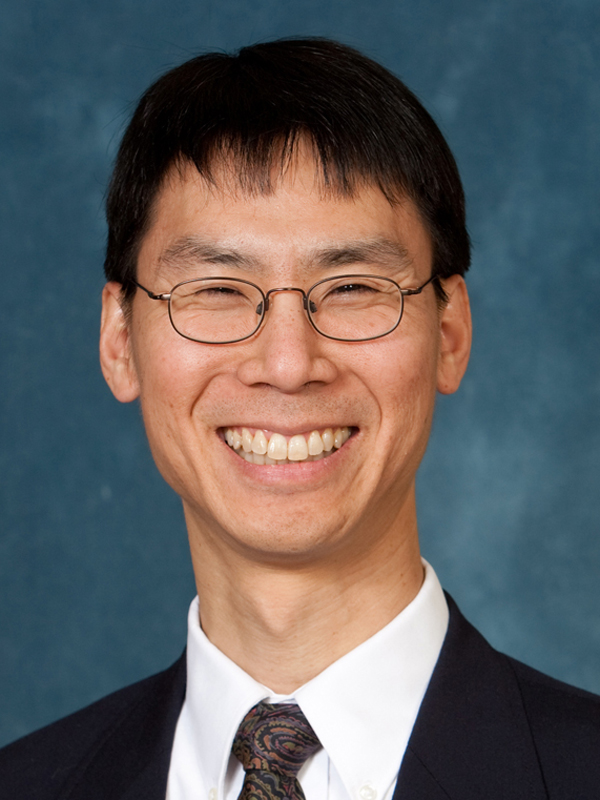
 Enlarge
Enlarge
Prof. Peter Chen has developed a superb track record in research during his 16-year career at Michigan, and his work has produced both theoretical results that have shaped academic thought and practical advances that have been widely adopted by industry. His recent work has produced virtual machine techniques that provide a fundamentally different view of computer forensics, enabling improved debugging, reliability, and security of systems. He has also made significant recent contributions in the use of memory for permanent storage and in defining the limits of generic recovery. He is an exceptional educator, having mentored several graduate students who have gone on to take top positions in academia and industry, and has created the ENGR 100 section on microprocessors and music.
Brian Gilchrist
Service Excellence Award
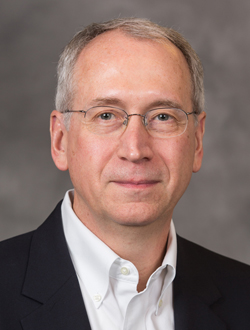
 Enlarge
Enlarge
Prof. Brian Gilchrist has an impressive record of service to the Electrical and Computer Engineering division, to the department, and to the College of Engineering. He served as interim chair of EECS 2006-2007, and then of Electrical and Computer Engineering 2007-2008. Before this he was Associate Chair of EECS. He has served as faculty co-advisor of the Solar Car team since 2000, cofounded the highly successful Student Space Systems Fabrication Laboratory, and currently chairs the CoE Multidisciplinary Design Initiative. He is devoted to the students of the department, as well as the faculty and staff. All know him to be extremely positive, congenial, and able to maintain excellence in research and teaching while contributing greatly to the success of others.
Anatoly Maksimchuk
Outstanding Research Scientist Award
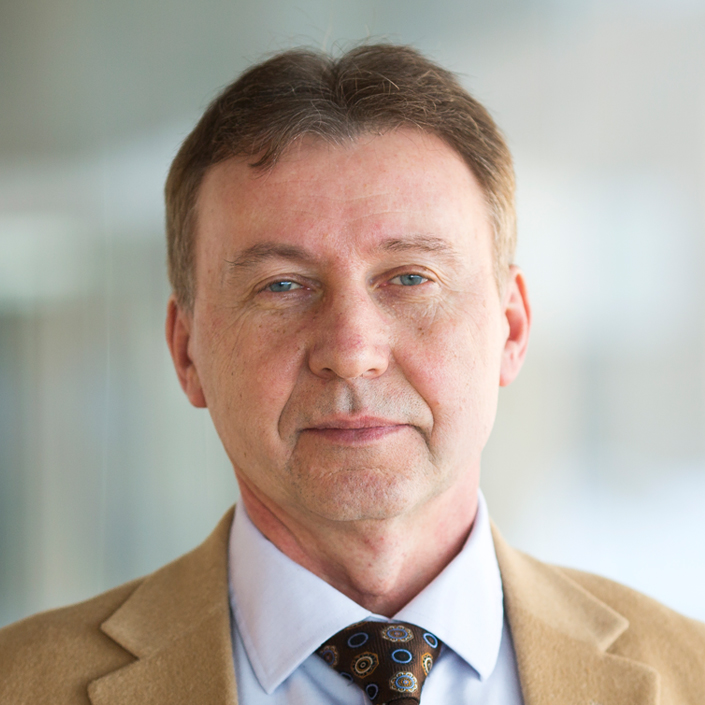
 Enlarge
Enlarge
Dr. Anatoly (Tolya) Maksimchuk has been a leader and key member of the high field research group at the Center for Ultrafast Optical Science (CUOS) for many years. He has made tremendous pioneering contributions to the field of laser-matter interaction at relativistic intensities, and he is continuing to have an enormous impact to the development of high-energy table-top particle accelerators as he pursues experiments on Hercules, the highest-intensity laser in the world. In addition to his work at CUOS, he has been an important leader in high field science area at the Frontiers in Optical Coherent and Ultrafast Science (FOCUS) center. Dr. Maksimchuk is an excellent educator and has mentored several graduate students who are now employed in governmental laboratories, industry and academia.
Kurt Metzger
Thomas M. Sawyer, Jr. Teaching Award
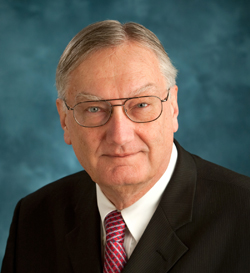
 Enlarge
Enlarge
Dr. Kurt Metzger has taught the senior-level major design experience course Digital Signal Processing Design Laboratory (EECS 452) for the past decade. He brings a remarkable level of dedication to this course and to the students that take it, which has a major impact on the students’ careers. After the course had been redesigned by Dr. Metzger, it came to have an outstanding reputation among industry recruiters. Some companies even require students to have taken this course. He has kept the course current by integrating the latest hardware and software technology into the labs. He is known for being extremely devoted to the students and how they are learning the material.
Mahta Moghaddam
Education Excellence Award
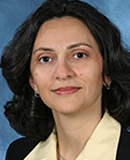
 Enlarge
Enlarge
Prof. Mahta Moghaddam directs a large, highly successful and diverse research group focusing on the development of next generation radar remote sensing systems and techniques, while teaching undergraduate and graduate courses on electromagnetics, radar, and remote sensing. She is known for her ability to explain difficult material and concepts clearly and concisely, while maintaining a friendly and approachable manner even in large undergraduate courses. At the same time, she has revised the graduate curriculum in radar and remote sensing, and brought a high level of mentorship to her graduate students. Students speak extremely highly of her excellent teaching ability combined with patience and cheerfulness, as well as her willingness to encourage them in their work.
Todd Austin, David Blaauw, Scott Mahlke, Trevor Mudge, Marios Papaefthymiou, Dennis Sylvester
Ted Kennedy Family Team Excellence Award

 Enlarge
Enlarge
Profs. Austin, Blaauw, Mahlke, Mudge, Papaefthymiou, and Sylvester have collectively brought the University of Michigan into the forefront as a world-class research center in low-power computing. Team members are engaged in research from circuits to architectures that is laying the groundwork for advances in mobile and reduced power computing.
Prof. Austin’s research has developed techniques for dynamic verification, which works to increase the degree of speculation in microprocessor designs. This is an aggressive performance optimization that permits execution of instructions before it is known that they are needed by a program.
Prof. Blaauw’s research has produced development of a novel error detection and correction mechanism which enables supply voltage to be reduced until the point of first failure and further, trading off the overhead of correcting errors versus energy saved. This led to the development of the Razor microprocessor. He continues to investigate sub-threshold power and error correction techniques.
Prof. Mahlke created the Signal Processing On Demand Architecture (SODA), the first fully programmable architecture that supports 3G wireless baseband processing with only a several hundred milliwatt power budget. Prof. Mahlke is now studying the architectural and algorithmic challenges for 4G wireless.
Prof. Mudge was an early proponent of low power computing and the first at Michigan, in 1998, to pursue research in this area. His interest in the discipline was engaged after observing that the quest for higher clock rates was unsustainable due to excessive power consumption. He has contributed in areas of intelligent energy management, robust computing, and most recently the PicoServer concept of using low-power multicores and 3D stacking as a building block for energy-efficient data centers.
Prof. Papaefthymiou has developed the energy-frugal approach of adiabatic electronics and novel techniques for energy recycling that have yielded chips operating at extremely low power consumption. The potential commercial impact of this technology has prompted him to found Cyclos Semiconductor. He continues to explore circuit-level approaches that hold the promise of order-of-magnitude reductions in the power consumption of GHz-speed microprocessors through energy recycling.
Prof. Sylvester has developed world-record energy efficient microprocessors in collaboration with Prof. Blaauw for use in implantable medical devices and wireless sensor networks. Integrated circuit design techniques that he has developed with Profs. Blaauw and Mudge have led to orders of magnitude reductions in power consumption and point to the possibility of cubic millimeter scale (ie, invisible) computing.
 MENU
MENU 
